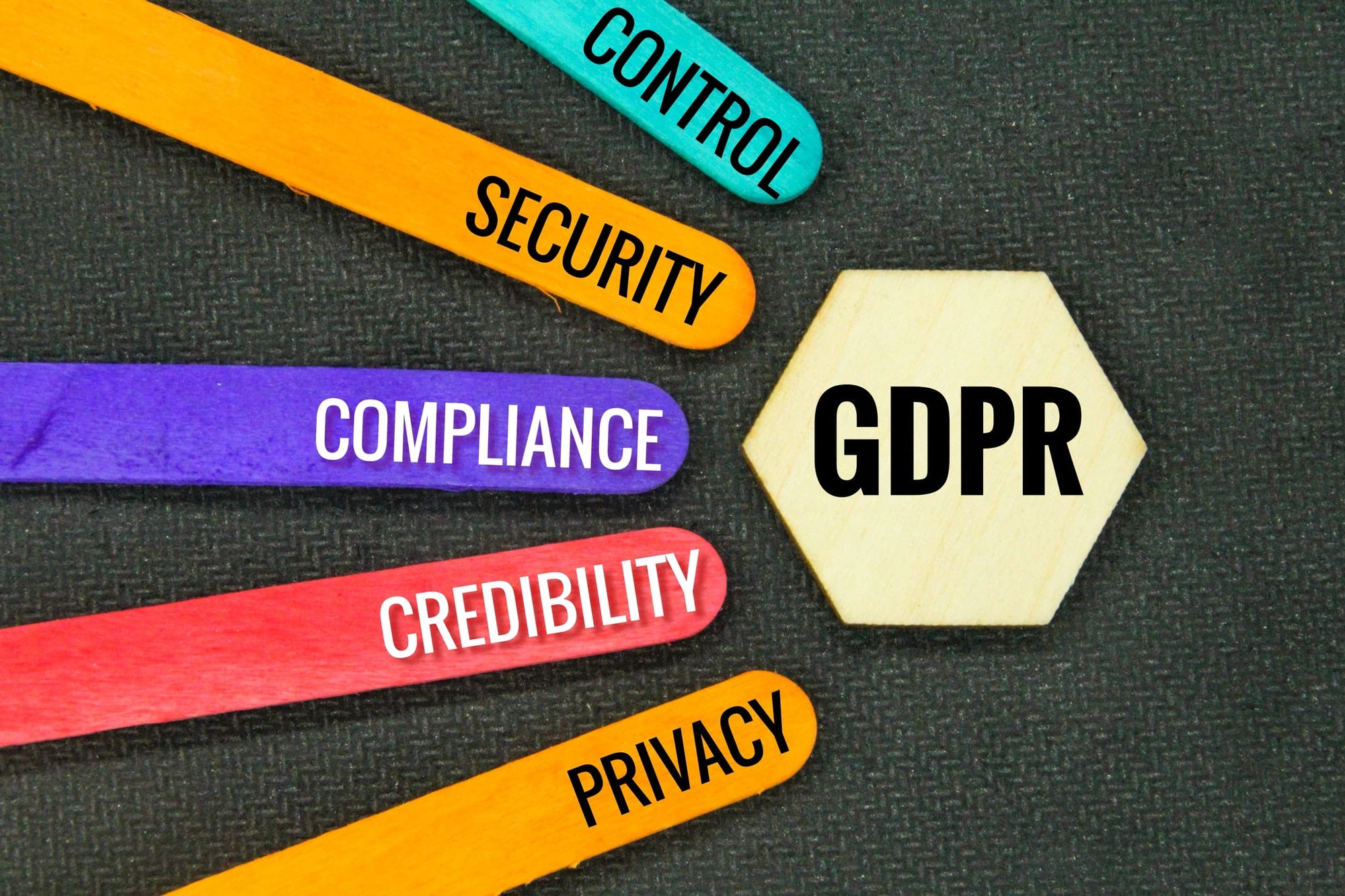In the ever-evolving digital landscape, data is the backbone of today’s business world. It is the driving force behind strategic decision-making, customer engagement, and marketing initiatives. However, with great power comes great responsibility. Businesses are now required to uphold strict compliance with data privacy laws to prevent misuse and guarantee the protection of personal information. Among these laws, the General Data Protection Regulation (GDPR) is a major player that businesses, particularly UK-based online startups, must heed to ensure their operations remain within the legal boundary. Throughout this article, we’ll provide a comprehensive guide on how to effectively implement GDPR compliance for your startup.
Understanding the GDPR
As a startup, the first step towards GDPR compliance is understanding the law itself. Implemented in 2018, GDPR is a regulation in EU law that focuses on data protection and privacy. It defines how companies should process and handle personal data of EU citizens, including those living in the UK, even post-Brexit.
Lire également : What Are the Best Eco-Friendly Packaging Innovations for UK E-Commerce?
The key principles of GDPR include lawfulness, fairness, transparency, data minimization, accuracy, storage limitation, integrity, and confidentiality. Non-compliance with these principles can lead to hefty fines or legal repercussions. Therefore, it’s crucial for startups to comprehend these principles thoroughly and embed them into their data handling and processing practices.
The Role of Consent
The concept of consent is central to GDPR regulation. It highlights that businesses should not process their customers’ personal data without their explicit consent. This means you need to obtain a clear, affirmative action from the users showing their agreement to the processing of their personal data.
A voir aussi : What Are the Strategies for UK Pet Stores to Capitalize on the Growing Pet Care Market?
Under GDPR, consent must be freely given, specific, informed, and unambiguous. It must also be easy for your customers to withdraw their consent at any time. Therefore, it is vital for startups to establish a transparent and easily understandable consent management process. This includes providing clear information about the purpose of data collection and how the data will be used.
Incorporating Privacy by Design
Another key aspect of GDPR is the principle of "Privacy by Design". This principle entails that businesses must consider privacy at the initial design stages of their projects and throughout the complete development process of new products, processes, or services that involve processing personal data.
Incorporating Privacy by Design into your startup operations means that data protection safeguards must be built into your products and systems from the outset. This proactive approach not only helps in reducing the risk of data breaches but also builds consumer trust by demonstrating your commitment to data protection.
Developing a Data Protection Policy
A robust data protection policy acts as a blueprint guiding your company’s data handling practices. It outlines the types of data you collect, how you collect it, why you collect it, and how you protect it.
Under GDPR, your policy should clearly state the rights of data subjects, including the right to access, correct, delete, restrict, and transfer their personal data. It should also highlight the procedures in place to respond to data subject requests.
Developing a comprehensive and GDPR-compliant data protection policy is a critical step towards GDPR compliance. It demonstrates your commitment to data privacy and helps in creating a culture of privacy within your organization.
Implementing Data Breach Response Plan
Despite the best precautionary measures, data breaches can still occur. Hence, GDPR mandates businesses to have a robust data breach response plan in place.
This plan should detail how your company will respond in the event of a data breach, including identifying and closing the breach, assessing the risk, notifying the relevant authorities, and informing the affected individuals promptly.
Having an effective data breach response plan not only helps in minimizing the damage caused by a data breach but also demonstrates your company’s commitment to safeguarding personal data, thereby enhancing your reputation.
In conclusion, GDPR compliance might seem overwhelming initially, especially for startups. However, by understanding the GDPR, obtaining clear consent, incorporating privacy by design, developing a data protection policy, and implementing a data breach response plan, you can ensure your startup operates within the legal framework while also building trust with your customers. Remember, GDPR compliance is not just about avoiding fines, it’s about demonstrating your respect for personal data and privacy, which in turn can give you a competitive advantage in today’s data-driven business world.
Appointing a Data Protection Officer
In line with GDPR requirements, certain businesses are required to appoint a Data Protection Officer (DPO). This person is responsible for overseeing the data protection strategy and its implementation to ensure the company is GDPR compliant. The DPO is the point of contact for any data subjects exercising their rights under GDPR and liaises with the relevant data protection authorities.
While not all businesses are required to appoint a DPO, it is highly recommended for startups dealing with large scale data processing activities. This includes businesses processing special categories of personal data on a large scale or systematically monitoring individuals on a large scale. Even if your business doesn’t fall into these categories, having a DPO can still provide many benefits.
A DPO can help your business understand and adhere to GDPR regulations, conduct privacy impact assessments, respond to data subject access requests, and liaise with the relevant authorities in the event of a data breach. This not only ensures your business remains compliant but also builds trust with your customers and stakeholders.
The appointed DPO must have a thorough understanding of GDPR legislation along with knowledge of your IT infrastructure, data protection law, and data security processes. The DPO can be an existing employee or a third party appointed under a service contract. However, you must ensure that there is no conflict of interest in the DPO’s roles and responsibilities.
Third-Party Data Processor Compliance
Often, businesses rely on third-party service providers for certain data processing activities. These third-party data processors could be a cloud service provider, a marketing agency, or even a payroll company. While these third parties might handle the data processing, the responsibility of ensuring GDPR compliance remains with the data controller, i.e., your business.
Under GDPR, you must only use data processors providing sufficient guarantees of implementing necessary measures in line with GDPR. This is typically ensured through contractual clauses where the data processor agrees to comply with GDPR requirements, respect the rights of data subjects, and assist the data controller with their GDPR obligations.
Regular audits and assessments should be conducted to ensure third-party compliance. In case of non-compliance, you should be prepared to change the service provider to avoid potential fines and legal issues.
Conclusion
Implementing GDPR compliance for UK online startups might appear daunting at first, but it is a strategic move that can enhance your business’s credibility and consumer trust. By understanding and applying the key principles of GDPR, obtaining clear consent, integrating privacy by design, developing a GDPR compliant data protection policy, appointing a Data Protection Officer, and ensuring third-party compliance, startups can effectively navigate the complex landscape of data privacy.
Moreover, GDPR should not be seen as a burden but rather an opportunity to align your business practices with the growing consumer demand for transparency and privacy. Ultimately, GDPR compliance is not just about avoiding hefty fines; it’s about respecting personal data and privacy, thereby fostering a positive business-customer relationship. Remember, in today’s digital economy, data protection is not just the law, but good business.






